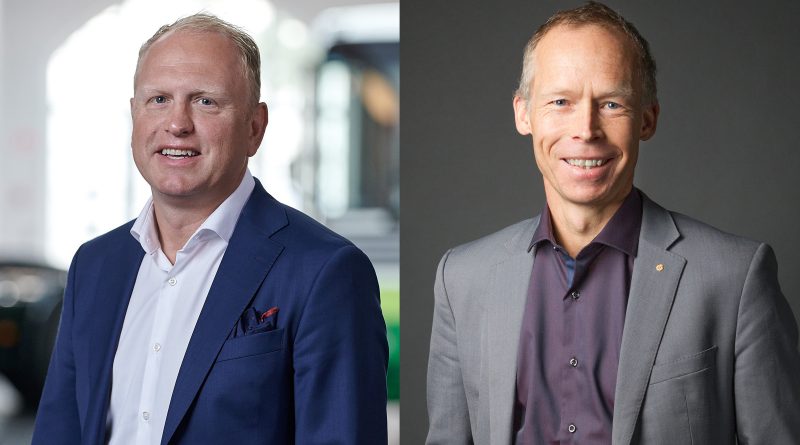Europe bans new diesel truck sales by 2040
Brilliant and unbelievable news from the European Automobile Manufacturers’ Association (ACEA) all major European truck manufacturers have committed to NO fossil fuelled trucks from 2040, bringing their target forward by a whole 10 years !
This will also have implications in North America as most are European owned, Volvo Group, owns Volvo Truck North America and Mack Trucks, Daimler AG owns Freightliner Group, Western Star and Fuso Trucks and Traton Group (Volkswagen) virtually owns Navistar Inc! It certainly asks a few questions for all their diesel engine divisions, and there’s one obvious omission here – let’s leave it at that!
10 years early
Tackling the climate change is quickly becoming probably the most fundamental challenge of our generation, with greenhouse gases (GHG) from fossil fuels being the main cause of the problem. Of course, trucks and vans all contribute to this problem and so all major European truck manufacturers have committed to NO fossil fuelled trucks from 2040, bringing their target forward by a whole 10 years !
According to the group the industry is committed to decarbonisation by 2050 at the latest and setting a target is not enough and cutting emissions by a few percentages per year is not enough. Carbon-neutrality by 2050 at the latest implies that by 2040 all new commercial vehicles sold must be fossil free. The ACEA call it a pledge to us all!
Battery or Hydrogen?
They believe battery electric vehicles are the first zero-emission technology to reach the truck market, and will be immediately followed by hydrogen-powered trucks. However, the shift to decarbonised transport and logistics must be driven by demand and affordability: those who operate trucks will not invest in zero-emission technologies if there is no straightforward and
affordable way to run, refuel and recharge them.
What about infrastructure?
The press release goes on to say “Truck manufacturers, in cooperation with fleet operators, will of course play an active role in developing the network of charging stations, but policy makers at the EU and national levels must take urgent action to make this possible. Although the roll-out of charging stations will demand great efforts from all players, it is the easier part of the puzzle. The main concern is access to electricity grids with adequate capacity. There are transport companies ready to invest in electric solutions, but the lack of grid capacity where they are based, is making it hard, if not impossible – at least in the short term”.
They believe zero-emission vehicles will not take” off as long as diesel remains cheaper and therefore new technology vehicles will simply have to become the better option, the preferred choice of transport operators. THis means a comprehensive carbon pricing which drives the deployment of zero emission trucks and adequately reflects the total costs of CO2 emissions will be needed. Science and truck manufacturers agree that the price of carbon must increase to much higher levels than today if we want to shift the sector – and indeed the world – to carbon-neutrality.
Click here to read about Renaults new venture with PlugPower

